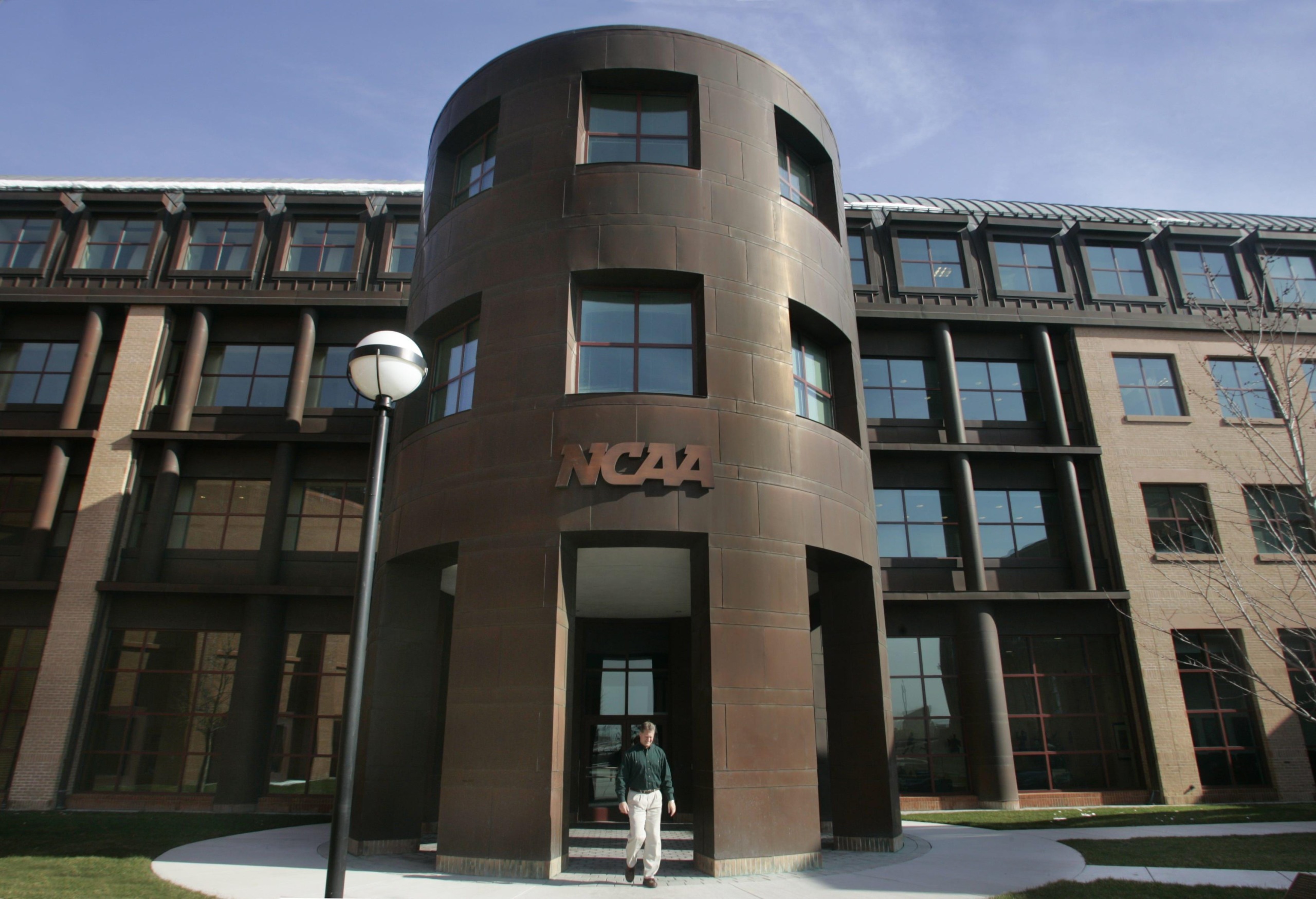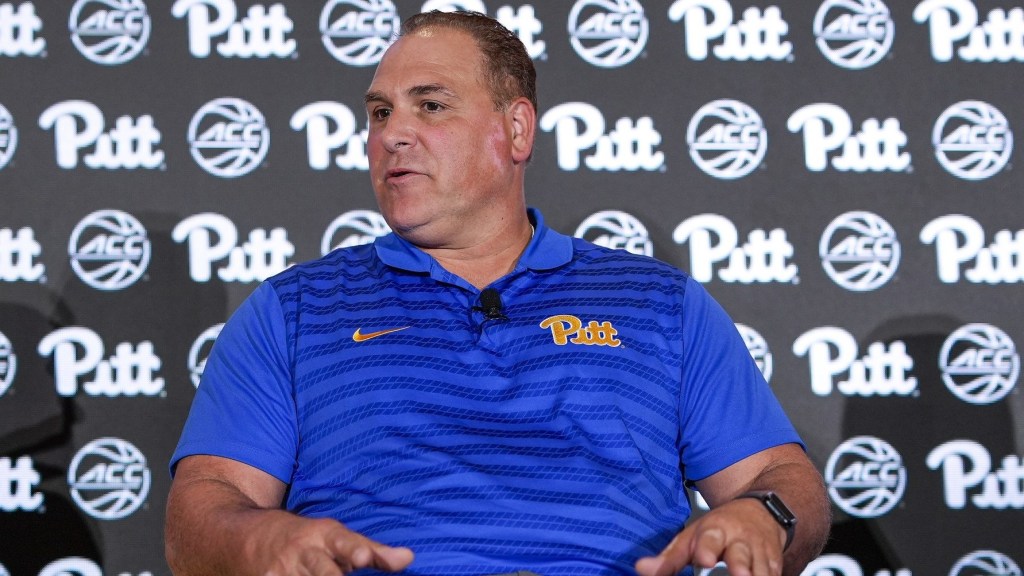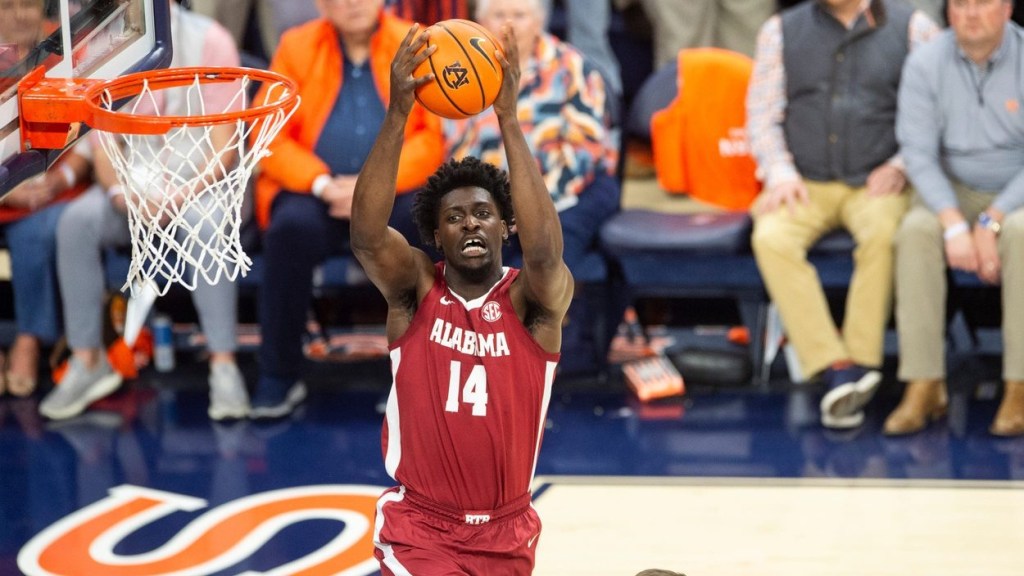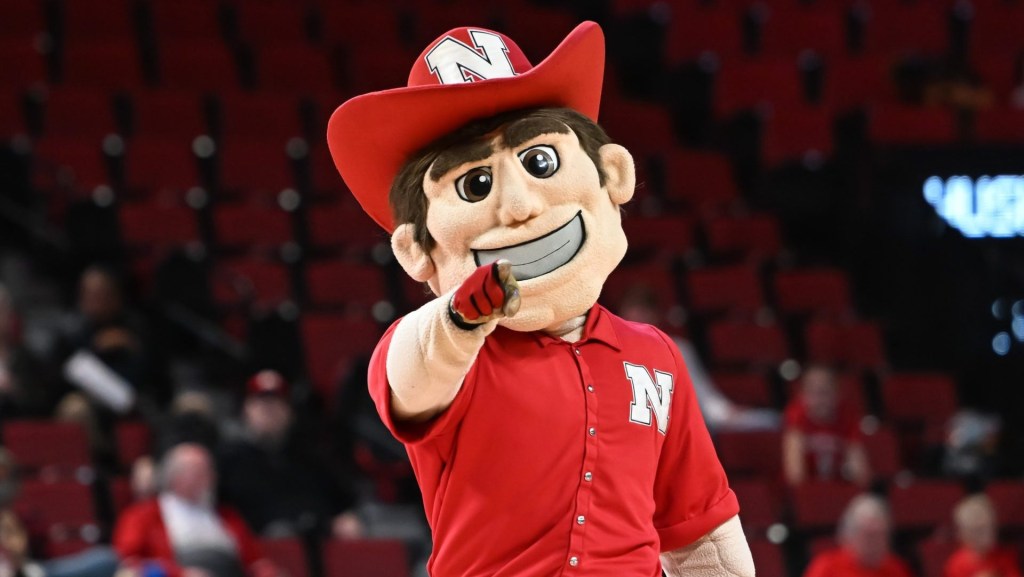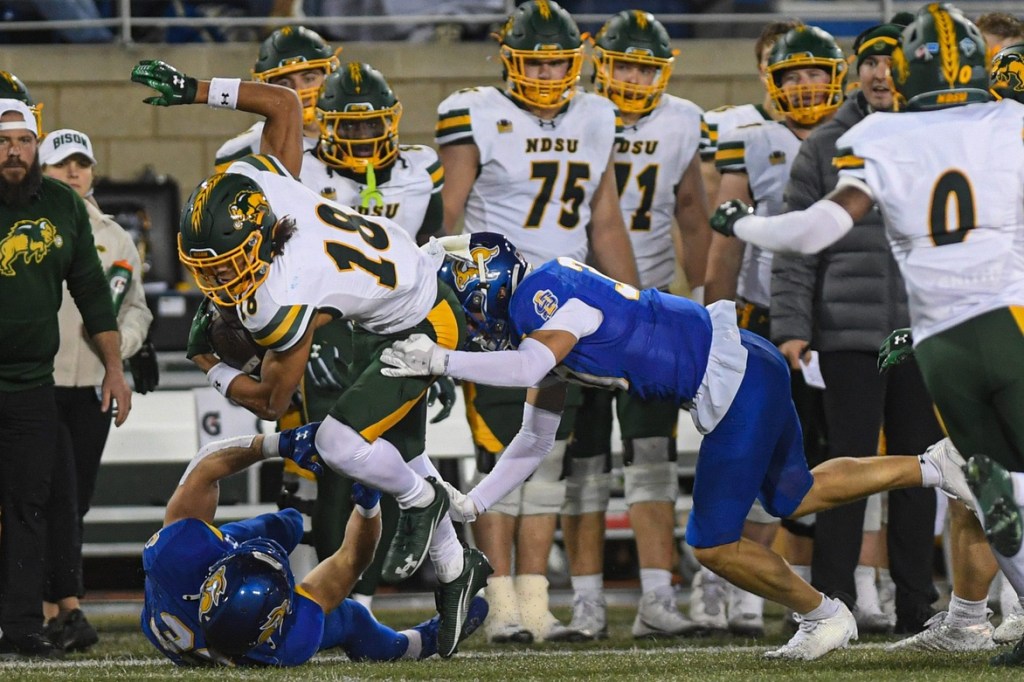Since 2021, the NCAA has refrained from passing any legitimate name, image, and likeness rules beyond a flimsy interim policy. Instead, it’s been lobbying Congress for a bailout bill that will create a uniform NIL standard and protect it from antitrust litigation.
But the NCAA appears to finally be recognizing it may have to take action on its own if Congress doesn’t.
On Wednesday, the governing body announced a slate of potential NIL regulations that will be presented to the Division I Council this fall.
The NCAA will discuss implementing a “standardized” NIL contract, a formal registration process for agents and NIL collectives, and a mechanism for athletes to disclose NIL deals to improve “transparency.” The governing body also hopes to discuss “concerns in recruiting and clarify the role schools could have relative to student-athlete NIL.”
The rules are based on feedback the NCAA received during two days of meetings at the end of July, from college sports administrators and 10 Division I athletes.
“After two years of providing guidance to NCAA members while monitoring the NIL landscape, Division I members are better equipped to take more permanent steps — in the form of NIL-specific rules — to provide clarity for NCAA schools and student-athletes in this space,” Jere Morehead, chair of the Division I Board of Directors and president at the University of Georgia, said in a statement.
The NCAA does face a major hurdle, however: state laws.
Over the past six months, state legislators from Texas to New York have begun passing new NIL legislation that prohibits the NCAA from enforcing multiple types of NIL rules in its states. The NCAA’s rules, of course, don’t trump state laws.
That’s likely why the NCAA will continue its expensive lobbying campaign for a uniform NIL law even as it explores passing its own rules.
Since 2019, the NCAA and Power 5 conferences have employed multiple top lobbying firms, paying hundreds of thousands per quarter. The Power 5 conferences have tapped a D.C.-based public relations firm called Firehouse Strategies, and both they and the NCAA have been sending representatives to Capitol Hill regularly. The NCAA even hired a former political operative in President Charlie Baker.
“The board believes the Association must use the tools at our disposal to improve outcomes for student-athletes when it comes to NIL activity, but there are some things we believe only Congress can address,” Morehead said. “We have seen good progress on Capitol Hill recently.”
The NCAA and Power 5 conferences have been successful so far in getting multiple NIL-related bills introduced — though they don’t all align with the NCAA’s wish list. But the governing body has failed so far at pushing any federal legislation to a vote.
With the 2024 Presidential election cycle fast approaching, and with multiple non-NIL-related issues on the Congressional docket, the NCAA may have realized its chances of getting a federal bill anytime soon are slim at best.
